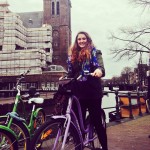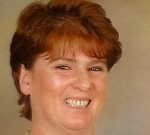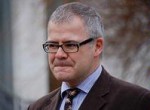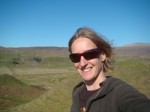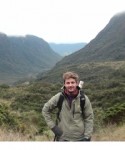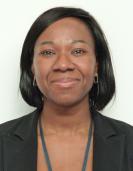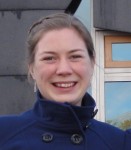Blogging is something slightly alien to me, especially in an academic sense. As an Open University intern it is part of my role to blog about what I’m doing and quite simply, it seems that the activities I'm currently a part of are just too interesting to keep from you all! ...continue reading
Tag Archives: SUPI
Imagining scientists – having fun, out on the street, tracking criminals and fighting zombies!
Can you imagine a scientist? Alternatively, can you imagine yourself working as a scientist? These are questions that Liz Whitelegg, Richard Holliman and myself, all members of the Invisible Witnesses team, have been asking school students.
...continue reading
A shared purpose for engaging research
Leadership; Mission; Communication
Champion’s blog; star date 2014.03.10 (in effect, an update on the first post on this blog, 'An open research university').
Nearly two years of the mission completed; 14 months of funding left. "Where do we boldly go from here?"
I was interviewed late last year by Lucian Hudson, the OU's Director of Communications, to explore this question. We also discussed progress with the core mission of the OU's Public Engagement with Research Catalyst.
You can see the results of our discussion in the video below. If you'd prefer to read the text of the interview, select transcript.
Plan for diversity and inclusion
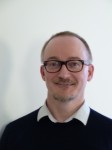
Teamwork is key to successful planning
When we're producing courses at the Open University we tend to work in teams; many of them are multi-discplinary and almost all of them combine academics with other forms of professional expertise (e.g. editors and media professionals). For example, the last course I chaired (with the catchy code, SH804) involved more than 70 people during the production phase (including academics, media professionals, editors, librarians and web developers).
Over the years I've been lucky enough to work with some excellent colleagues in various course teams. You might expect me to say that. But it's not always straightforward working as a social scientist in a Faculty of Science. One of the many colleagues I've really valued working with is Professor Simon Kelley. We worked together as part of a larger course team on Science in Context.
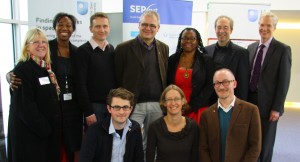
Serendipity meets planning for diversity and inclusion
Spin forwards several years: I'd been working on the Engaging Opportunities project for about nine months when we began to think seriously about organising the first of the three annual lectures that we'd promised RCUK we would deliver.
A conversation with Simon Kelley at the regular departmental coffee morning led to a collaboration with colleagues from the Denbigh Teaching School Alliance, Centre for Physical and Environmental Sciences (CEPSAR), eSTEeM, the OU's AV team and our Research, Scholarship and Quality Unit.
...continue reading
Exoplanets and how to find them
I’m an astrophysicist and my research is mainly concerned with what may be called the “time domain universe”, or simply: stars whose brightness varies with time.
Stars can have a variable brightness for one of several reasons: they might be intrinsically variable due to pulsations of the star’s atmosphere; they might be in orbit with another object that periodically passes in front of it; or they might suffer some form of catastrophic change that causes flaring or outburst behaviour, for instance.
One way to carry out research in time domain astrophysics is simply to monitor the brightness of all the stars in the sky and see what you find. This is, in effect, what is done by the WASP (Wide Angle Search for Planets) project, of which I and others at the Open University are part.
Sweat, mud and leeches
A day in the life of a field geologist
Earth Scientists like me study the Earth: how it formed, how it changed over geological time, and how all the different ‘bits’ such as the atmosphere, oceans, soil and rocks interact with each other.
In detail, I’m a geologist – I specifically try to understand the rocks beneath our feet. And in even more detail, I’m a field geologist. Nothing excites me more than the prospect of getting to spend weeks in a tent up a remote mountain somewhere (although preferably not in the rain), collecting rock samples for analysis back in the lab.
The past is the key to the future
I am a palaeoecologist at the Open University. My research involves reconstructing how our planet has changed over longer time scales in the past (1-2 million years). At first glance my research does not seem entirely relevant to current climate change but in fact it is integral. The climate system is hugely complicated and we still don’t fully understand how all the aspects work or how they interact together. One way of learning how the system operates is to simply observe it. The longer you observe it; then the better you will understand how it works and what are the possibilities for how it may change.
Fly us to the moon…
Engaging opportunties: Water rocket competition
In July 2013 five teams of six Year 9 students and one team of six Year 10 students from Slated Row Special School competed in a competition to launch water rockets. The teams, representing five schools from Milton Keynes, were judged on the distance the rockets flew, whether they could successful land an egg, and the design of their rockets.
The teams were supported on the day of the competition by Open University researchers, staff from Denbigh School and teachers from their home schools. The organising team included: Richard Holliman, Mike Bullivant, Vic Pearson, Kris Stutchbury, Peter Taylor, Mike Batham and me from the OU, and Andy Squires and Val Hawthorne from Denbigh School.
A panel of judges, including the Mayor of Milton Keynes Brian White and Professor Peter Taylor from the OU, assessed the entries. The team from Milton Keynes Academy were the winners, launching their rocket over 90m. They received a trophy, which was designed at Denbigh School. All the competitors received a replica of this trophy in the form of a key ring.
As Project Manager for the project I was responsible for the organisation from the Open University side of things, working closely with Val Hawthorne from Denbigh School.
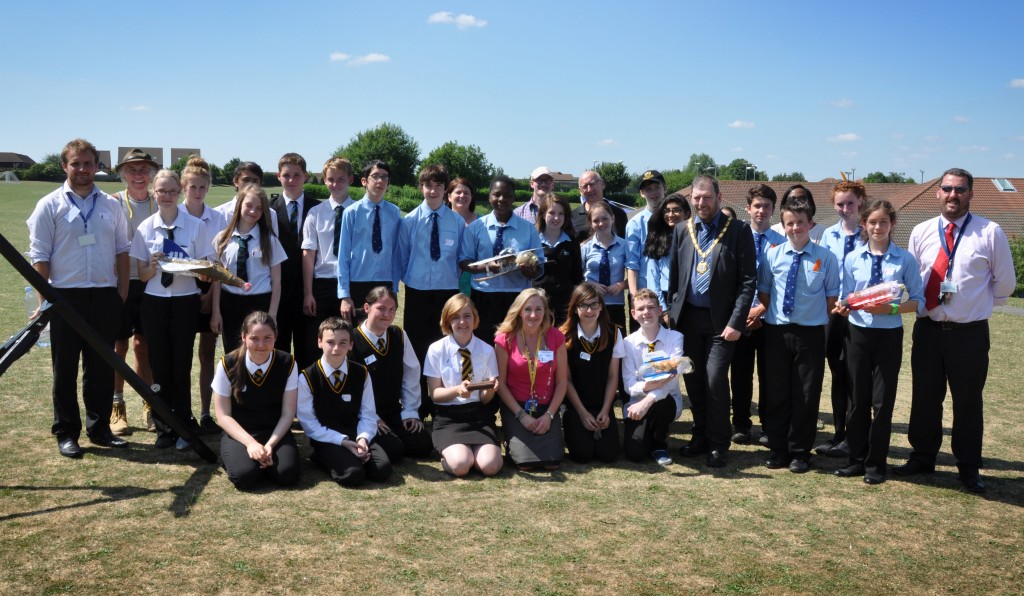
Opening up opportunities for creativity through media training
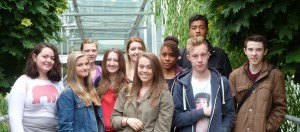
From the 1st to 5th July 2013 10 media students from Denbigh School participated in a Media Training Course at the Open University as part of the RCUK-funded Engaging opportunities project. The training was led by staff from the OU’s Open Media Unit.
Over the five days of this practical course the students developed and practised new skills, such as working with digital tools and technologies, producing pieces to camera, and editing footage. Six short films were produced over the course of the week. Here three of the students—Alice Rose, Connor Bean and Heather Stone—describe their experiences. Links to the completed films are embedding throughout the post.
Engaging A-Level students with Postgraduate Researchers
I finished my PhD in volcanology with the Open University earlier this year, and spent my summer working for the Brilliant Club. The Brilliant Club are a small but growing charity whose mission is to widen access to highly selective universities in schools serving low participation communities. They do this by placing postgraduate research students in schools to deliver small group university-style tutorials to pupils aged 10-18.
While most postgraduate research students teach one or two groups a week over the course of five weeks I taught five groups in four different schools in and around London. I took on this larger teaching load as I had already finished my PhD and was otherwise at a bit of a loose end.

